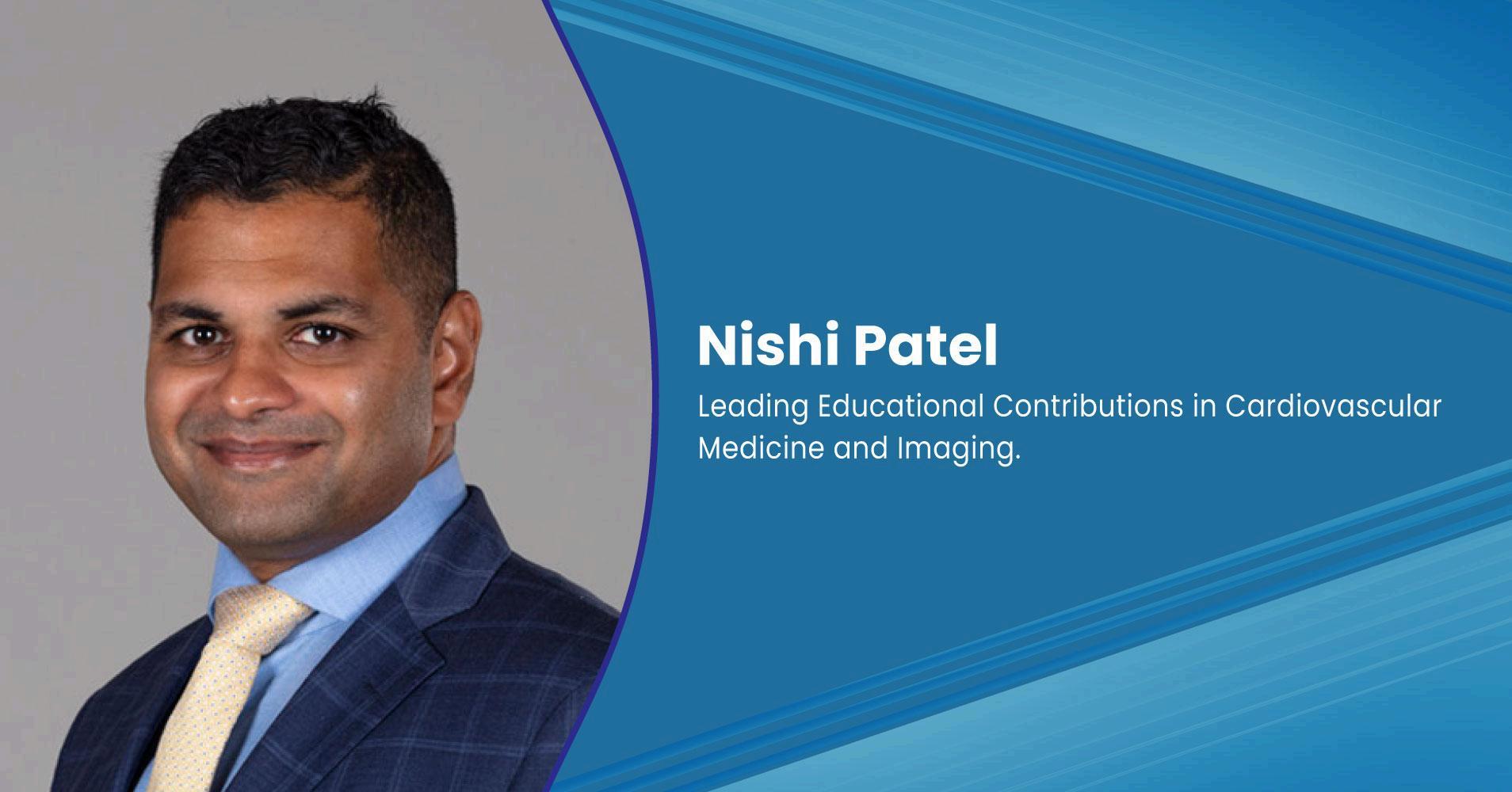Nishi Patel: The Overlooked Role of Mental Health in Managing Advanced Heart Disease

When managing advanced heart disease, medical care tends to focus primarily on the physical aspects of the condition controlling symptoms, improving heart function, and preventing further complications. However, an often-overlooked aspect of patient care is mental health. The psychological burden of living with a chronic, life-threatening illness like heart disease can be profound. Yet, it is frequently ignored in clinical settings, despite its critical impact on patients’ overall health and quality of life, as explained by Nishi Patel
Heart disease patients, especially those with advanced stages, often experience high levels of emotional distress The fear of worsening symptoms, the uncertainty of the future, and the lifestyle changes imposed by the illness can lead to anxiety, depression, and other mental health challenges. Studies suggest that depression is prevalent in about one-third of individuals with heart failure, and anxiety is similarly common Despite these high rates, mental health concerns are often dismissed or under-recognized, leaving patients to struggle with their emotions in isolation.
The consequences of untreated mental health issues in patients with heart disease can be severe Depression and anxiety can directly affect a patient’s ability to manage their physical health Patients who are depressed are less likely to adhere to prescribed treatments, engage in
physical activity, or follow a heart-healthy diet This non-compliance can worsen heart disease outcomes, leading to more frequent hospitalizations and a decreased quality of life. Additionally, emotional distress can exacerbate physical symptoms, such as chest pain and fatigue, creating a harmful cycle of worsening health.
To truly support heart disease patients, a more holistic approach to care is needed one that integrates both physical and mental health. Regular screening for depression and anxiety should become a standard part of heart disease management, and healthcare providers should be trained to recognize the signs of emotional distress Offering psychological support through counseling, medication, or therapy can make a significant difference in helping patients cope with their illness
Addressing mental health in the treatment of advanced heart disease is not just about improving emotional well-being it also has the potential to improve clinical outcomes By treating both the heart and the mind, healthcare providers can help patients lead healthier, more fulfilling lives, ultimately enhancing their chances of better long-term outcomes
